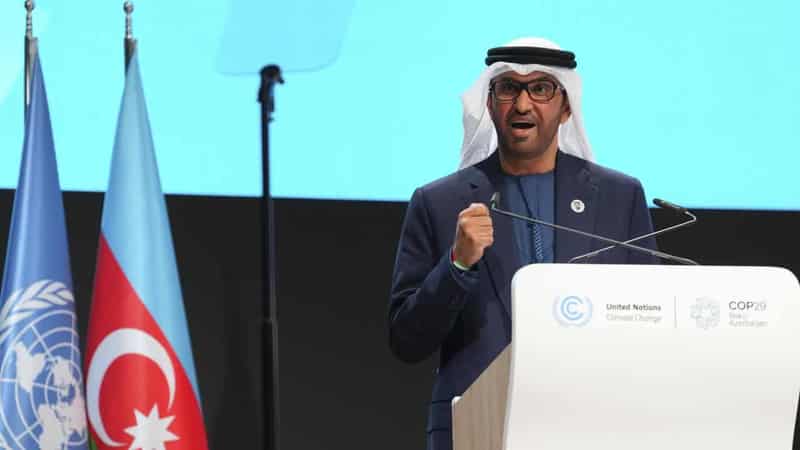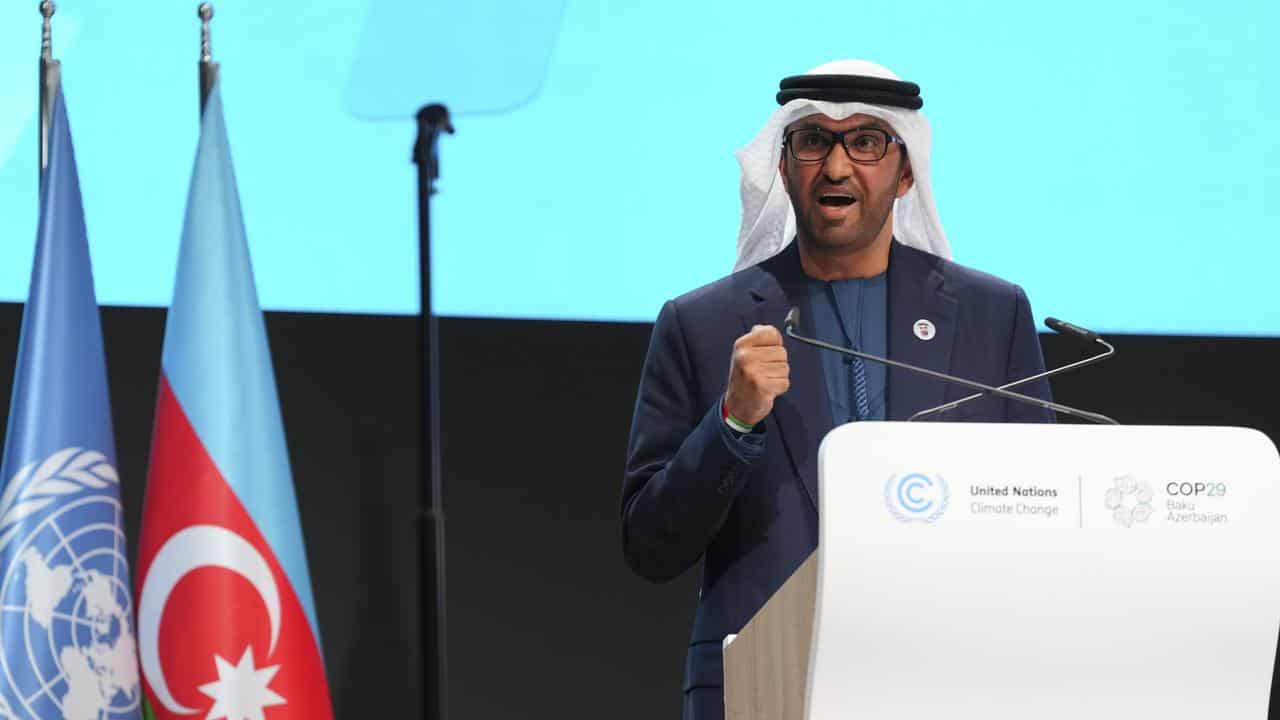
The annual UN climate summit has begun with nations preparing for tough talks on finance and trade, after a year of weather disasters that have emboldened developing countries in their demands for climate cash.
Delegates gathering in Azerbaijan's capital, Baku, hope to resolve the COP29 summit's top agenda item – a deal for up to $US1 ($A1.5) trillion in annual climate finance for developing countries, replacing a target of $US100 billion ($A152 billion).
That goal is competing for resources and attention against economic concerns, wars in Ukraine and Gaza, and the election of Donald Trump, a climate-change denier, for a second term as president of the United States, the world's biggest economy.
The event's president, Mukhtar Babayev, said the world was "on a road to ruin" and the summit was a "moment of truth" for the world's climate goals.
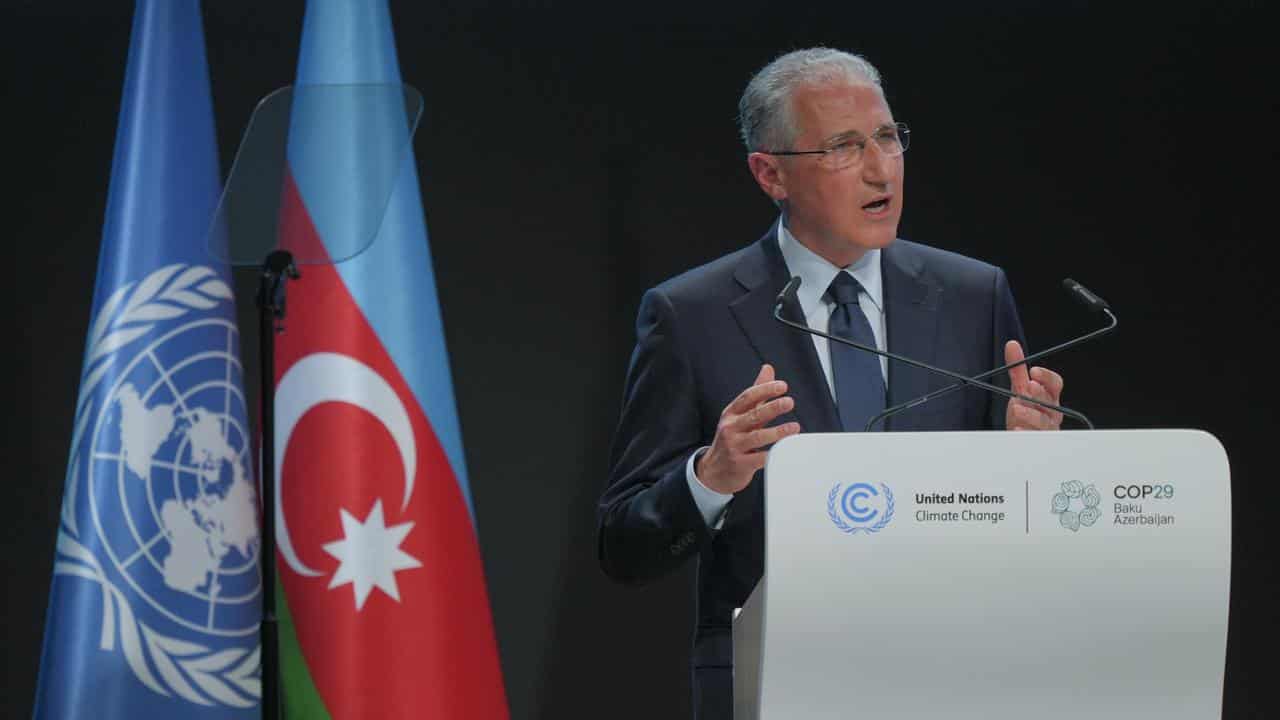
"Azerbaijan can build the bridge, but you all need to walk across it. In fact, we need to start running," he told delegates at the Baku Stadium venue.
The Caspian Sea nation, often proud of being home to the world's first oil wells, will also be under pressure to show progress from its 2023 COP28 pledge to transition away from fossil fuels.
The nation's oil and gas revenues accounted for 35 per cent of its economy in 2023, down from 50 per cent two years prior.
The government says these revenues will continue to decline, to roughly 32 per cent of its GDP in 2024 and 22 per cent by 2028.
Before the summit talks can even begin, countries will need to agree on an agenda by consensus, including an 11th-hour proposal by China to bring trade disputes into the mix.
The Chinese proposal - made on behalf of the fast-developing "BASIC" group of countries including Brazil, India and South Africa - asked for the summit to address "restrictive trade measures" such as the EU's carbon border tariffs going into effect in 2026.
Those concerns have been compounded by Trump's campaign promise to impose 20 per cent tariffs on all foreign goods, and 60 per cent on Chinese goods.
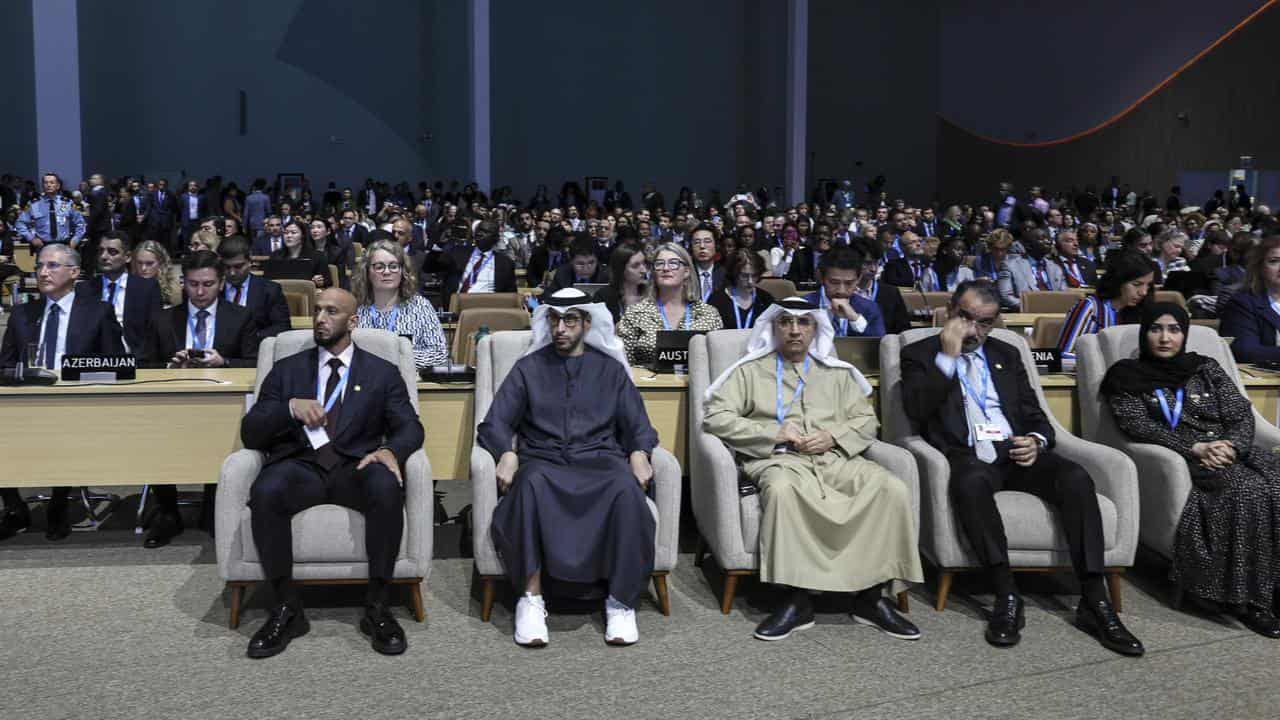
Trump has called climate change a hoax and vowed to withdraw the US from the Paris Agreement, the global treaty to reduce planet-warming emissions.
The European Union, along with current US President Joe Biden's administration, have been pressing China and Gulf oil nations to join the pool of climate finance donor countries.
With 2024 on track to be the hottest on record, experts noted that climate extremes were now challenging rich and poor countries alike - from flooding disasters in Africa, coastal Spain and the US state of North Carolina, to drought gripping South America, Mexico and the US West.
Most countries are not prepared.
"Election results don't alter the laws of physics," said Kaveh Guilanpour, vice president for international strategies at the nonprofit Centre for Climate and Energy Solutions.
"Unless the world collectively steps up its efforts, the impacts of climate change will become increasingly severe and frequent and will be felt by an increasing number of people in all countries, including in the United States."
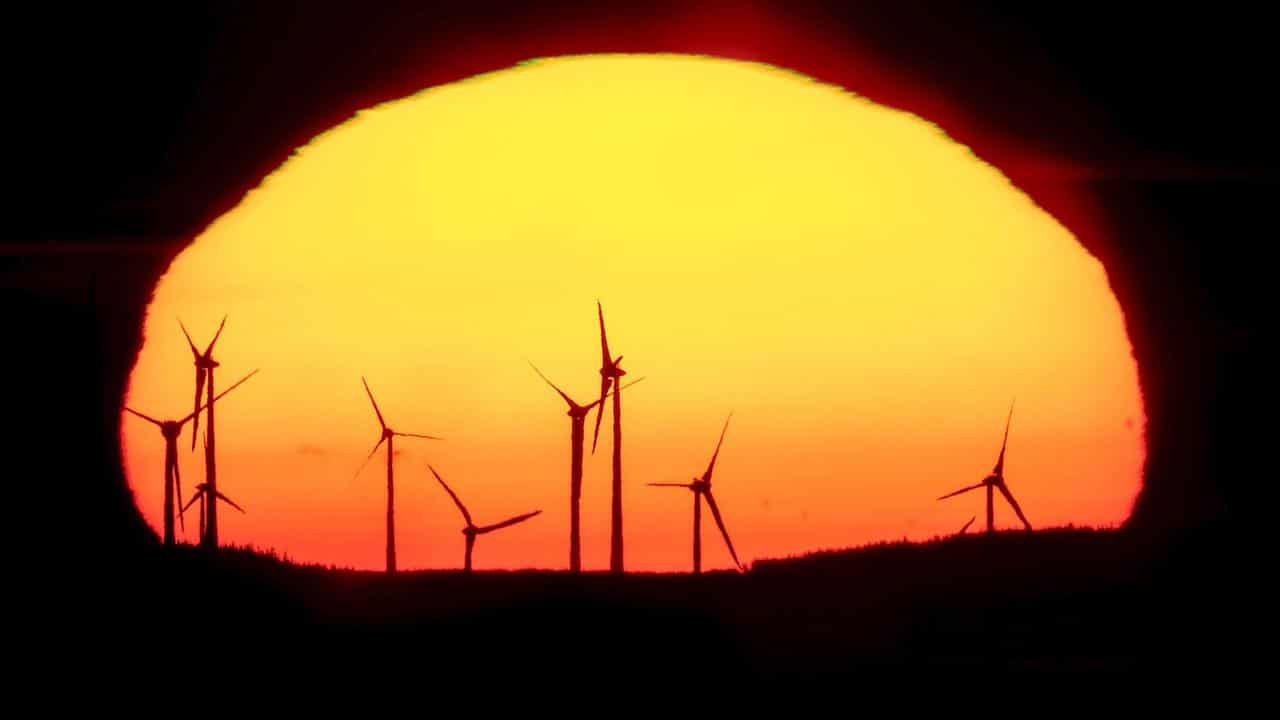
Azerbaijan has spent the last year lobbying governments to accelerate their move to clean energy while touting gas as a transition fuel.
With Azeri President Ilham Aliyev having called its fossil fuel bounty "a gift of God", Azerbaijan has proposed creating a Climate Finance Action Fund to collect voluntarily up to $US1 billion ($A1.5 billion) from extractive companies across 10 countries including Azerbaijan.
In 2024, the country's gas exports to Europe are expected to exceed 12 billion cubic metres, up from 11.8 billion cubic metres in 2023, as Europe seeks to reduce its reliance on Russian gas.
